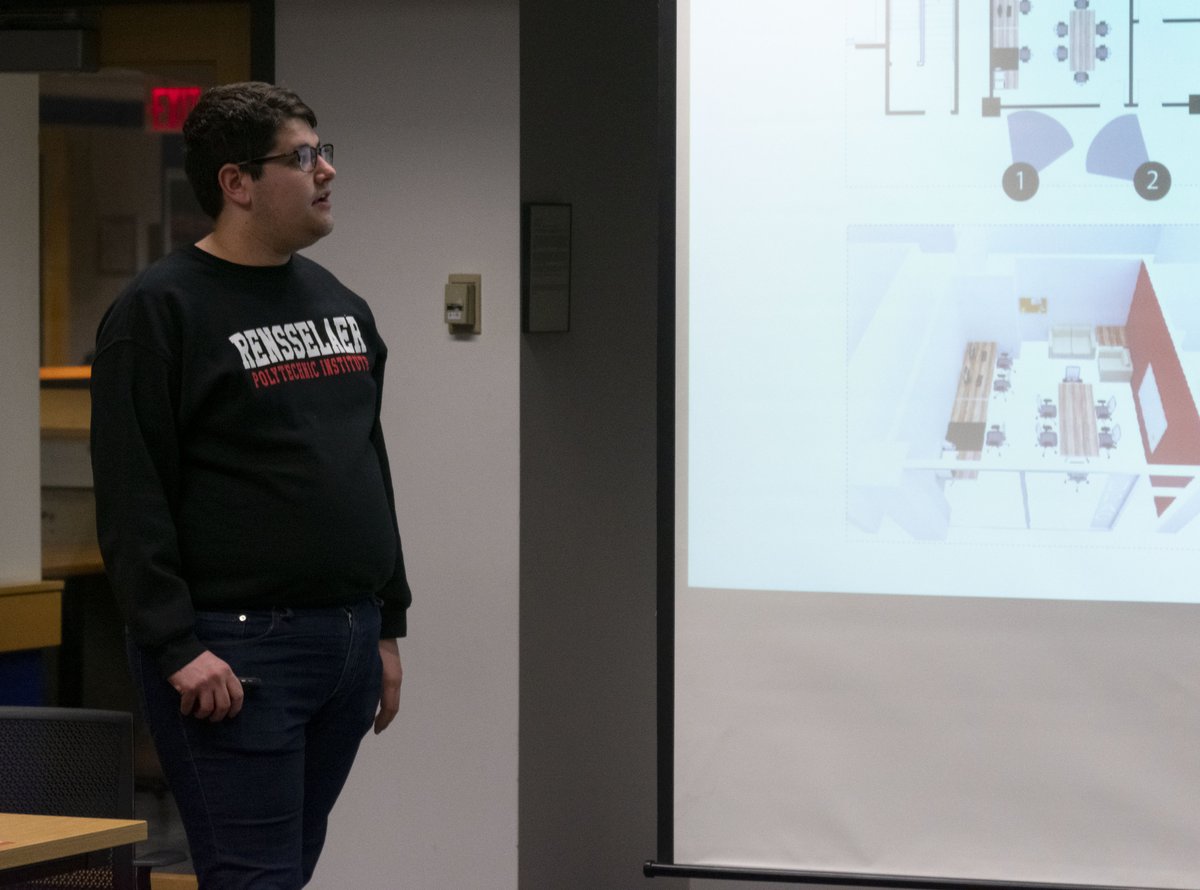Why you should fall in love with Tetris
I play Tetris every day. Some days it’s just for 10 minutes, others it’s for upwards of four hours. It’s not something that I think or plan to do, it’s just something that happens whenever I sit down at my desk or open my laptop to do work. It’s not a problem—most of the time. There, of course, are times that I find myself saying “just one more game” a little too often when I’m supposed to be doing work—or writing this.
I’d like to think that I’m pretty okay at Tetris. I’m not en route to compete in tournaments, nor am I a “Tetris God,” in any regard. But I’ve played on and off for the past seven years and consistently for the past five. Naturally, I have improved a lot in that time and am still improving every, but now a lot more subtly. Tetris is a game, like most, that you can’t play perfectly. The nature of the game revolves around the ramifications from every single piece you drop onto the board—ramifications that last the entire game. It quickly speeds up to the point where you have fractions of a second to make these important decisions. Under that kind of pressure it’s very hard to keep a level head and stay focused.
After playing Tetris for a while you start to realize how engrossing the game is and how easy it is to allocate everything to playing the game. The flow of a game of Tetris is very therapeutic, especially for someone who fidgets and get distracted as much as I do. It virtually removes the constant urge I have to tap my feet or fidget with my hands because of how entrancing the “Tetris flow” is.
Once you start to get better, something weird happens. You would think that the faster you are able to go, the more focus the game will require, but the exact opposite happens. At least for me, I hardly have to think about the moves I’m making and the buttons I’m pressing. Everything comes so naturally that I’m able to let my mind wander while playing as fast as I can. This provides such a meditative headspace that I have yet to find anywhere else in my life. Whenever I face a tough decision in my life or a problem in my life that I need to solve, I play Tetris until I come to a resolution. This has helped me through making hard decisions about friendships, relationships, and even Data Structures homework.
Play Tetris. Yes, you’re going to hate it at first, and yes, you’re going to be horrible at the game for a good while. It’s going to be frustrating until you form some muscle memory and intuition about tetromino placement. I promise that through all the suffering, the ability to use Tetris as a way to meditate will be worth it.

 E-Sports
E-Sports
 Executive Board
Executive Board
 On-Campus Event
On-Campus Event